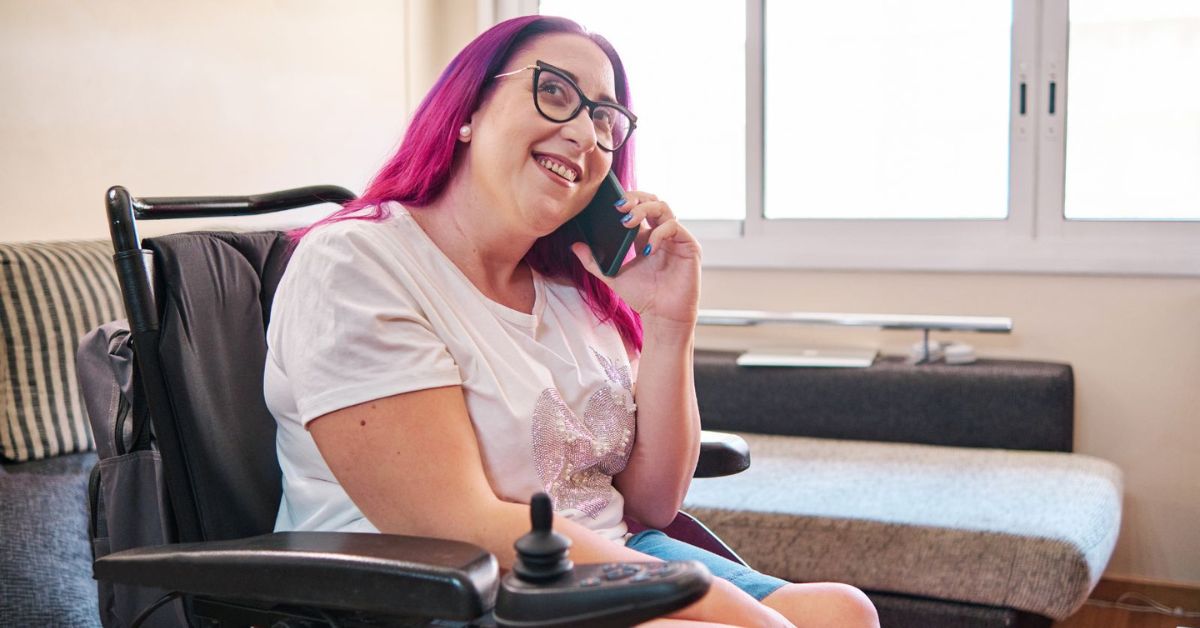With the dramatic rise in rents and basic costs of living, Children and Young People with Disability Australia (CYDA) supports recommendations in the Interim Economic Inclusion Advisory Committee Report to Government to raise JobSeeker and Rent Assistance payments as a matter of urgency.
CYDA chief executive officer Skye Kakoschke-Moore expressed particular concern for young people with disability, who often have trouble accessing the higher Disability Support Pension (DSP) payment.
“We know that over 40 per cent of people on JobSeeker have reduced capacity to work,” said Kakoschke-Moore. “With access to inclusive education still very limited, discrimination in hiring practices, and disability employment services that often fail to meet individual needs, young people are disadvantaged on many fronts when it comes to finding work, and some genuinely can’t work at all.
“The application process for the DSP is then over-complicated and inaccessible to many who need it, which means we’re fast-tracking young people with disability into extreme poverty on JobSeeker and Youth Allowance payments.”
*Jenny is a young Autistic woman with complex chronic illness. When she first managed to access the DSP, she was 20 years of age and received the reduced youth rate of just $267.10 per week. “As young adult, finally gaining access to the DSP, I tried to get my independence,” she said, “but fell short as I struggled to afford groceries and medical expenses.”
Like JobSeeker and Youth Allowance, the youth rate of DSP is well below the Henderson poverty line for a non-working person of $495.66 per week, making it very difficult for young people with disability to become independent from family.
For Jenny, who has experienced family violence in her home, this is a particularly frustrating situation. “The DSP forces me to rely on my parents which limits my independence and gives them financial and psychological control over me which is dangerous as I don’t have a good relationship with my dad.”
Ms Kakoschke-Moore also worries about the reduced partnered rate of DSP. “People with disability are at higher risk of intimate partner violence, yet we are forcing disabled people into financial dependence on their romantic partners.”
If a partner’s wage exceeds the cutoff point, people with disability can end up with no independent access to social security benefits of any kind.
Jenny describes the impact of this. “The idea of being in relationship scares me as I access the DSP, [and it] puts me at high risk of losing my independence and stability.”
A further impediment to accessing the DSP for young people with disability is the government’s 18-month ‘Program of Support’. The program applies to people who meet the DSP criteria of 20 points across the impairment tables, without having 20 points in any one table.
“The name of the program is misleading,” said Kakocshke-Moore. “It’s less a support program and more an extended application process, where people with disability, many of whom do qualify for the DSP and will eventually be approved, are forced to spend up to a year and a half demonstrating that they do need the payment. That’s a very long time to leave a young person on JobSeeker, unable to afford groceries or rent.”
Ms Kakoschke-Moore strongly urges the government to consider its Economic Inclusion Committee’s recommendations in the upcoming May budget. “This is not an area where young people with disability can afford to wait.”
*Name changed for safety reasons.
For media enquires please contact:
Naomi Chainey
Media and Communications Advisor
Children and Young People with Disability Australia
[email protected]
0401 302 068


